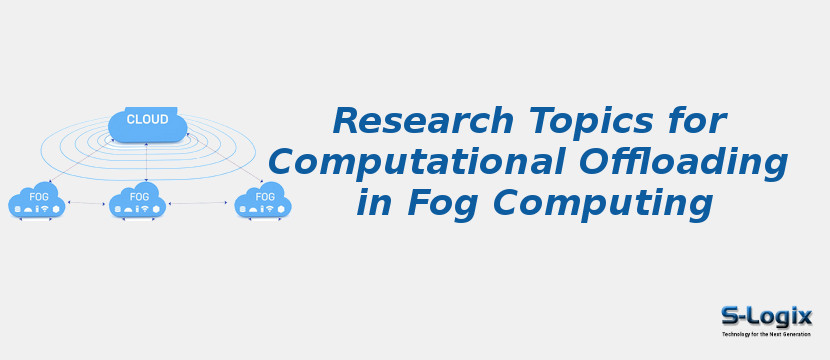Research on Computational Offloading in Fog Computing focuses on designing strategies and frameworks to intelligently offload computational tasks from resource-constrained edge or IoT devices to nearby fog nodes or cloud servers, aiming to reduce latency, energy consumption, and execution cost while maintaining Quality of Service (QoS). This area addresses challenges related to dynamic workloads, network variability, device mobility, and heterogeneous computing environments. Key research directions include adaptive and context-aware offloading algorithms, energy- and latency-aware decision-making models, and machine learning–driven predictive offloading strategies. Other emerging topics involve partial and cooperative offloading for complex IoT applications, multi-objective optimization balancing delay, energy, and resource utilization, and integration of fog–cloud–edge collaborative frameworks. Additionally, research on secure and privacy-preserving offloading, blockchain-enabled trust mechanisms, and real-time offloading for mission-critical and delay-sensitive applications represents significant avenues for advancing intelligent, efficient, and scalable fog computing systems.
